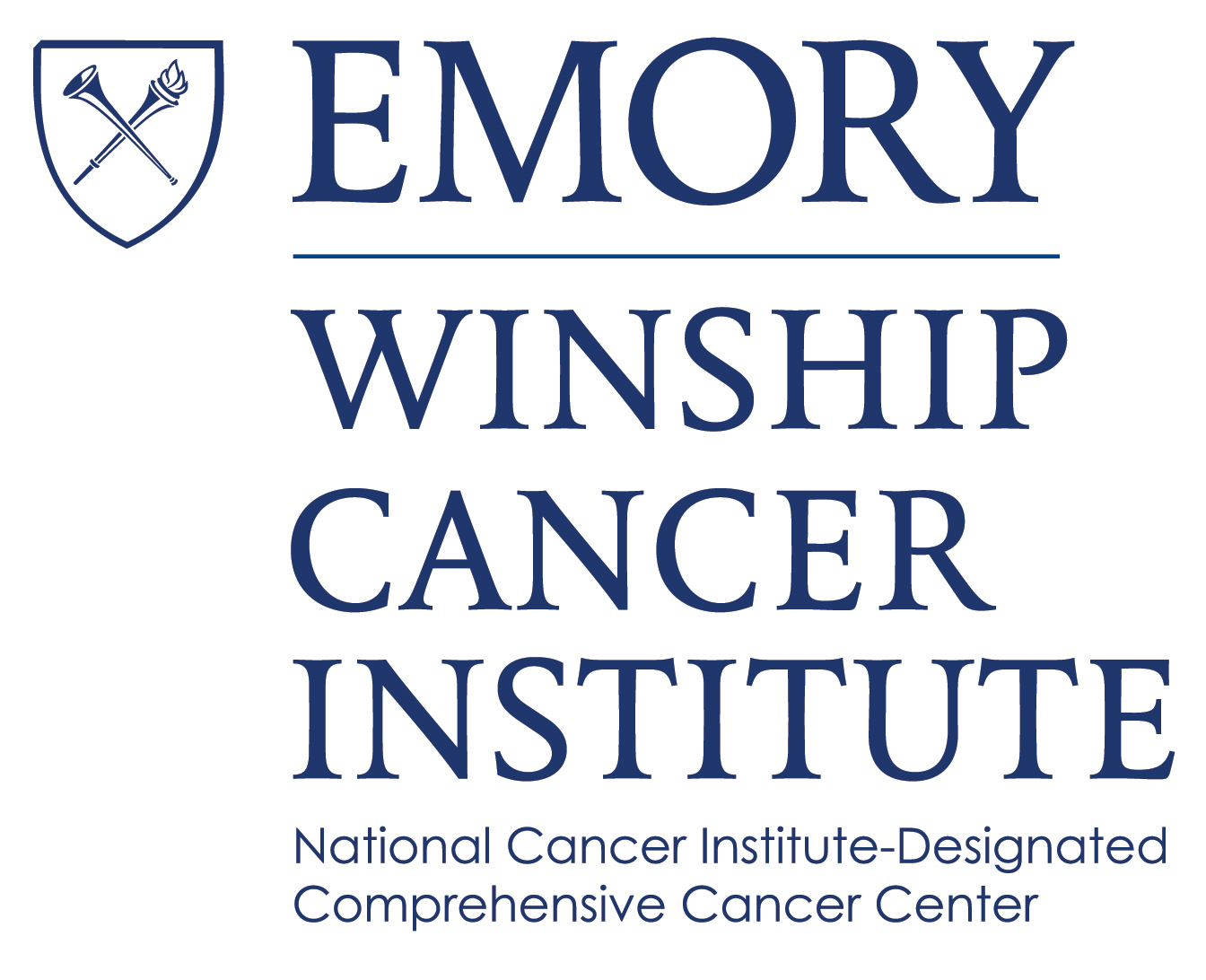- Advertise
- About OncLive
- Editorial Board
- MJH Life Sciences brands
- Contact Us
- Privacy
- Terms & Conditions
- Do Not Sell My Information
2 Clarke Drive
Suite 100
Cranbury, NJ 08512
© 2025 MJH Life Sciences™ and OncLive - Clinical Oncology News, Cancer Expert Insights. All rights reserved.
Dr. Cohen Discusses CAR T-Cell Therapy in MCL
Jonathon B. Cohen, MD, assistant professor, Department of Hematology and Medical Oncology, Emory University School of Medicine, Winship Cancer Institute of Emory University, discusses the use of CAR T-cell therapy in patients with mantle cell lymphoma.
Jonathon B. Cohen, MD, assistant professor, Department of Hematology and Medical Oncology, Emory University School of Medicine, Winship Cancer Institute of Emory University, discusses the use of chimeric antigen receptor (CAR) T-cell therapy in patients with mantle cell lymphoma (MCL).
CAR T-cell therapy is being explored as a treatment option for patients with relapsed/refractory MCL. Currently, the phase II ZUMA-2 trial is evaluating the use of axicabtagene ciloleucel (axi-cel; Yescarta) in patients with relapsed/refractory MCL who no longer respond to treatment. Cohen says that at Winship Cancer Institute, patients with MCL enrolled on this trial have done very well, which suggests that there is a place for this treatment approach in the MCL landscape.
Like other lymphoma subtypes, the challenge is finding where CAR T-cell therapy fits into the treatment algorithm, Cohen says. In aggressive lymphomas, it is easier to determine this, he explains, because there are not many novel therapies available to offer. For those patients who have progressed after an autologous stem cell transplant or who are ineligible for transplant, CAR T-cell therapy can be a potential treatment option. However, he adds that there are several drugs available and in development for MCL that do not require the intensive treatment that CAR T-cell therapy does, says Cohen, making the placement for this therapy even more of a challenge.


